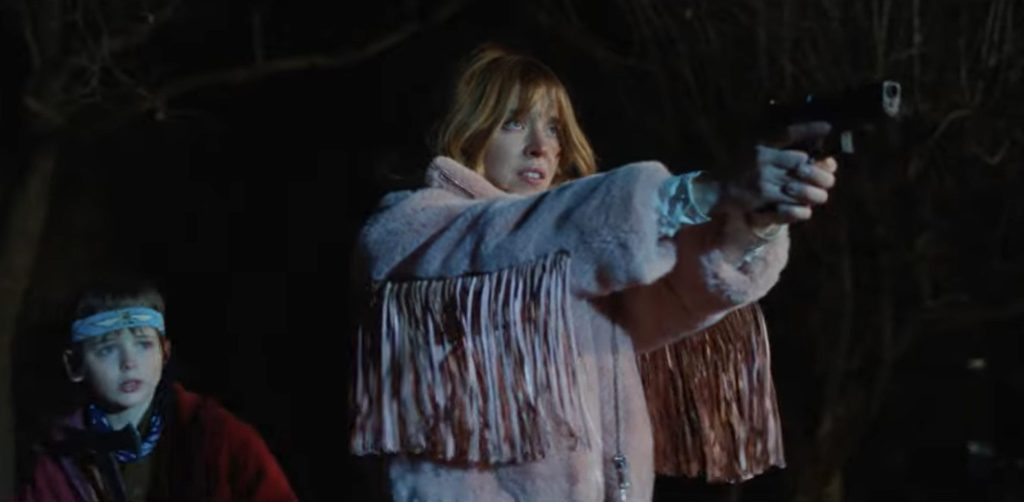When a film featuring a well-known star receives a standard wide release in around 1,000 theaters but underperforms, it’s common to label it a failure.
For instance, we once labeled Neon’s Beach Bum, starring Matthew McConaughey, as the actor’s lowest opening for a wide release, bringing in $1.76M ($1,600 per theater) from 1,100 theaters in May 2019. At that time, Neon expressed frustration, noting that the film was intended for a niche audience, and the increase in theater bookings was simply a fortunate circumstance. Why criticize the distributor for maximizing its potential by securing more screenings for the film?
This context brings us to Sydney Sweeney‘s new film, Americana, a western written and directed by Tony Tost. The film, which premiered in 1,100 theaters, earned $500K, leading media outlets to label it a flop, especially following Sweeney’s controversial jeans campaign for American Eagle.
However, calling Americana a bomb is misleading from an independent film economic standpoint. Ultimately, the film is expected to generate profit for Lionsgate, albeit at a modest level through their Lionsgate Premiere Releasing label.
To elaborate, Americana wasn’t intended as a high-profile theatrical release with a substantial marketing budget like Jenna Ortega’s A24 project, Death of a Unicorn. Lionsgate acquired Americana after its successful premiere at the 2023 SXSW festival, where it initially received positive reviews, although the Rotten Tomatoes score has since declined. The studio aims to market it with a minimal budget and successfully navigate its release windows.
Analyzing Americana further, Lionsgate purchased global rights for $3M, largely supported by foreign pre-sales. The combined marketing expenses for theatrical and PVOD are estimated to be under $3M. The film is projected to achieve a domestic revenue of $1.5M, with an exclusive 30-day theatrical window before digital distribution. Notably, Americana is expected to remain profitable through Lionsgate’s Starz streaming deal.
Regarding the independent film market, many star-driven projects struggle to secure distribution. For instance, Ron Howard’s Eden had a net cost of $50M yet went unsold. Despite Americana facing challenges, securing a theatrical release is still a positive step amid a tough market. The ongoing acquisition slump is forcing distributors to rethink their investments as streaming platforms reassess their content needs.
While we don’t endorse poor box office performances, these sales can denote internal successes for smaller distributors like Neon. For context, their film Immaculate, featuring Sweeney, opened at $5.3M and eventually grossed $15.6M, proving a profitable venture. Lionsgate’s decision to release Americana is strategic, particularly given their interest in collaborating with Tost and working further with Sweeney on upcoming projects.
Overall, independent films often face greater challenges at the box office. Nevertheless, even if initial ticket sales seem disappointing, such endeavors can pave the way for directors’ future projects. Historical context shows that many celebrated filmmakers, like Quentin Tarantino, had modest beginnings, underscoring that early financial setbacks don’t always predict a director’s long-term success.



